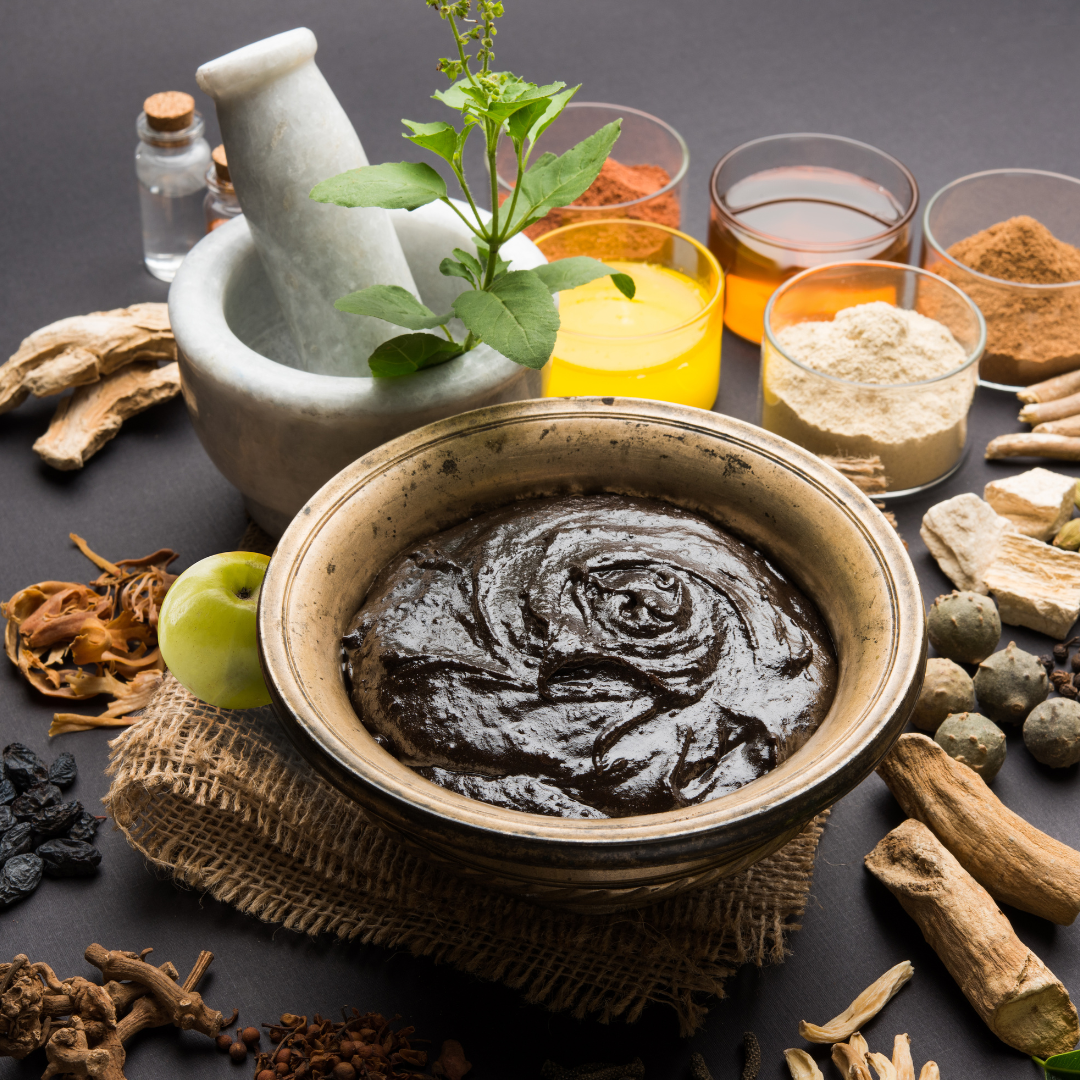Thyroid Dysfunction Reversal
The thyroid gland, located in the neck, produces hormones that regulate metabolism, growth, and energy expenditure throughout the body. Dysfunction of the thyroid gland can lead to either the underproduction (hypothyroidism) or overproduction (hyperthyroidism) of thyroid hormones, impacting various bodily functions.
Hypothyroidism

Medical Perspective
Hypothyroidism occurs when the thyroid gland does not produce enough thyroid hormones. This can result from autoimmune conditions like Hashimoto's thyroiditis, thyroid surgery, radiation therapy, iodine deficiency, or certain medications. Symptoms may include fatigue, weight gain, cold intolerance, dry skin, constipation, and menstrual irregularities. Long-term untreated hypothyroidism can lead to cardiovascular issues, infertility, and neurological problems.

Ayurvedic Perspective
In Ayurveda, hypothyroidism correlates with a decrease in metabolic fire (Agni) and an imbalance of Kapha dosha. This condition is known as Mandagni where digestion and metabolic processes slow down. Ayurvedic treatment focuses on balancing Agni through therapies like Vamana (therapeutic vomiting), Virechana (therapeutic purgation), Nasya (nasal administration of medications), and Basti (medicated enema). Rasayana therapies, which rejuvenate the body and improve energy levels, along with dietary adjustments tailored to enhance Agni are also prescribed.
Hyperthyroidism

Medical Perspective
Hyperthyroidism results from excessive production of thyroid hormones. Causes include Graves' disease (autoimmune disorder), toxic nodular goiter, thyroiditis, or excessive iodine intake. Symptoms may include weight loss, rapid heartbeat, anxiety, tremors, heat intolerance, and increased appetite. If left untreated, it can lead to cardiac complications, osteoporosis, and in severe cases, thyroid storm.

Ayurvedic Perspective
Ayurveda views hyperthyroidism as a condition of excessive Agni (metabolic fire) and Pitta dosha predominance. This imbalance is known as Atikarshya where metabolic processes are heightened. Treatment involves cooling and pacifying Pitta dosha through therapies such as Virechana (therapeutic purgation), Nasya (nasal administration of medications), and Vasti (medicated enema). Rasayana treatments that balance Pitta and improve overall vitality are also recommended. Dietary modifications to include cooling foods and herbs that soothe Pitta are essential in managing hyperthyroidism.
Ayurvedic Approach to Thyroid Dysfunction:

Detoxification (Panchakarma)
Both hypothyroidism and hyperthyroidism benefit from Panchakarma therapies tailored to balance doshas and improve Agni. These therapies help remove toxins (ama) and restore optimal metabolic functions.

Herbal Medicines
Specific herbs like Guggulu (Commiphora wightii), Shilajit (Asphaltum), Brahmi (Bacopa monnieri), and Jatamansi (Nardostachys jatamansi) are used in Ayurvedic formulations to support thyroid function, reduce inflammation, and enhance overall well-being.

Diet and Lifestyle Modifications
Pair text with an image to focus on your chosen product, collection, or blog post. Add details on availability, style, or even provide a review.
Conclusion
Thyroid dysfunction requires a comprehensive approach that integrates both modern medical diagnostics and Ayurvedic principles. By addressing underlying imbalances in doshas, promoting healthy Agni, and supporting overall vitality through natural therapies, Ayurveda offers a holistic pathway to managing thyroid disorders effectively. Consultation with qualified Ayurvedic practitioners ensures personalized treatment plans that cater to individual health needs and optimize thyroid health over the long term.
Book Your Appointment Now
My Store


